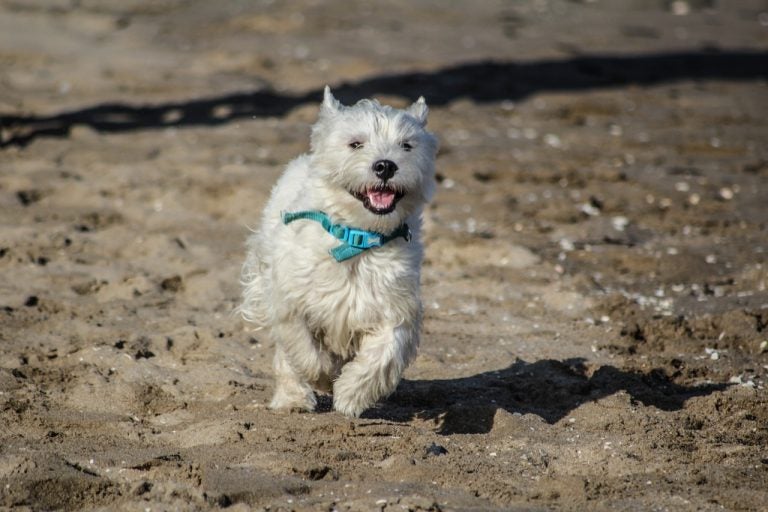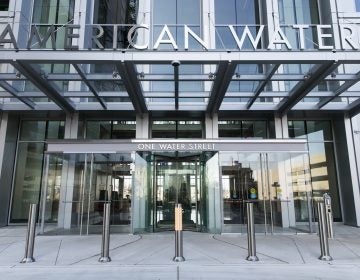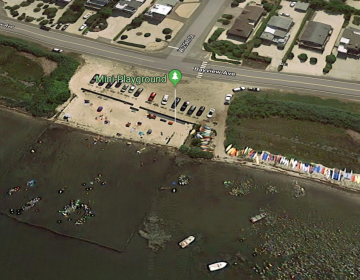Officials: Dog feces at least one source of water contamination at N.J. beach
New Jersey officials say dog waste is at least one source of ongoing water contamination at an Ocean County bay beach.

Public domain image
New Jersey officials say dog waste is at least one source of ongoing water contamination at an Ocean County bay beach.
The 25th Street Barnegat Bay beach in Barnegat Light has registered fecal counts above an acceptable standard after testing on Tuesdays during three consecutive weeks. Swimming was banned for one day last week after resampling indicated continuing contamination.
The standard for the acceptable level of enterococcus, a bacteria found in the intestines of warm-blooded animals that can cause urinary tract infections, bacteremia, bacterial endocarditis, diverticulitis, and meningitis, is 104 colonies per 100 ml of water.
A water sample collected on Monday registered 470 colonies, or more than four-and-a-half times the allowable limit. A swimming advisory was issued on Tuesday and then discontinued on Wednesday.
The state Department of Environmental Protection stated on Tuesday that resamples and additional investigations were underway to identify the contamination cause.
Officials on Thursday afternoon said that an “antibiotic resistance analysis” on samples collected in areas draining from a marsh wetland immediately north and south of 25th Street bay beach indicated “domestic animal” as the source.
“It’s been noted early in the morning, many people walk their dogs along this beach. 1 gram of dog feces contains about 23 million fecal coliforms,” a posting on the njbeaches.org Twitter account states. “The average dog produces 200g of feces a day that would calculate to 1 dog producing approximately 4.6 billion fecal coliforms daily.”
But the officials caution that dog feces “may or may not” be the only source of elevated bacteria levels.
“We continue to conduct source tracking with (the Long Beach Island) Health Department & Marine Water Monitoring. Our next step is to conduct tide cycle boat sampling,” another tweet notes.
The state tests water quality at 188 ocean beaches, 20 bay beaches, and eight river beaches and issues advisories one day following an unacceptable bacteria level.
You can check water quality at your local beaches here.
WHYY is your source for fact-based, in-depth journalism and information. As a nonprofit organization, we rely on financial support from readers like you. Please give today.




